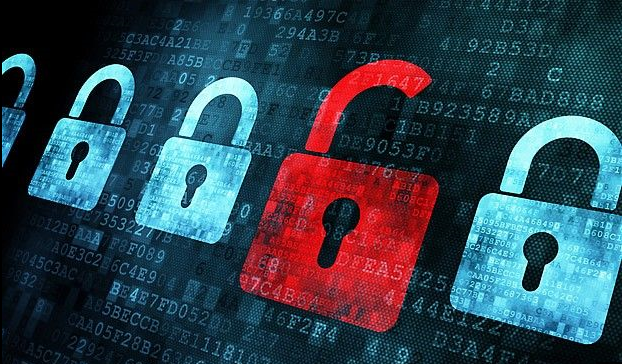eDiscovery Daily Blog
“Panama Papers” Hack Wasn’t an Inside Job, Says Founding Partner: eDiscovery Trends

It seems that everybody is talking about the huge data leak of 11.5 million documents (2.6 total TB of data – that’s right, terabytes) at Panama-based law firm Mossak Fonseca that appears to have exposed illicit offshore holdings of global political leaders and celebrities (among others), dubbed the “Panama Papers”. Now, a founding partner at the firm has indicated that the leak was not an inside job.
“We rule out an inside job. This is not a leak. This is a hack,” founding partner Ramon Fonseca told Reuters at the company’s headquarters in Panama City’s business district. “We have a theory and we are following it,” he continued, without elaborating.
“We have already made the relevant complaints to the Attorney General’s office, and there is a government institution studying the issue,” he added, flanked by two press advisers.
Claiming that “[t]he (emails) were taken out of context”, Fonseca said that “The only crime that has been proven is the hack. No one is talking about that. That is the story.”
As the Reuters article notes, governments across the world have begun investigating possible financial wrongdoing by the rich and powerful after the International Consortium of Investigative Journalists (ICIJ) published a report on Monday based upon a yearlong study of some 2.6 TB of leaked data, mostly emails from the law firm that span four decades.
The papers have revealed financial arrangements of prominent figures, including friends of Russian President Vladimir Putin, relatives of the prime ministers of Britain and Pakistan and Chinese President Xi Jinping, and the president of Ukraine. On Tuesday, Iceland’s prime minister, Sigmundur David Gunnlaugsson, resigned, becoming the first casualty of the leak.
The idea that the data was hacked externally as opposed to someone inside the firm stealing or copying a hard drive or tape seems difficult to believe. It takes a long time to transmit 2.6 terabytes of data – we’re talking weeks, not days, of continuous transmission. Either the firm was utterly clueless as their sensitive data was being pulled right out from under their noses for a long period of time or there is more to the story.
One story that was somewhat humorous this week was that George Mason University was forced to tweak the renaming of its law school to honor the late Supreme Court Justice Antonin Scalia because of an unfortunate acronym. The school had to change the proposed name from the Antonin Scalia School Of Law (see the problem here?) to the Antonin Scalia Law School.
The acronym for Mossak Fonseca is an unfortunate acronym too. I’ll bet when the members of that firm realized that their data had escaped out into the public, they uttered a few unfortunate acronyms of their own (possibly in both Spanish and English).
So, what do you think? Do you believe that the data was hacked from the outside? Or do you think something else happened? Please share any comments you might have or if you’d like to know more about a particular topic.
Disclaimer: The views represented herein are exclusively the views of the author, and do not necessarily represent the views held by CloudNine. eDiscovery Daily is made available by CloudNine solely for educational purposes to provide general information about general eDiscovery principles and not to provide specific legal advice applicable to any particular circumstance. eDiscovery Daily should not be used as a substitute for competent legal advice from a lawyer you have retained and who has agreed to represent you.
